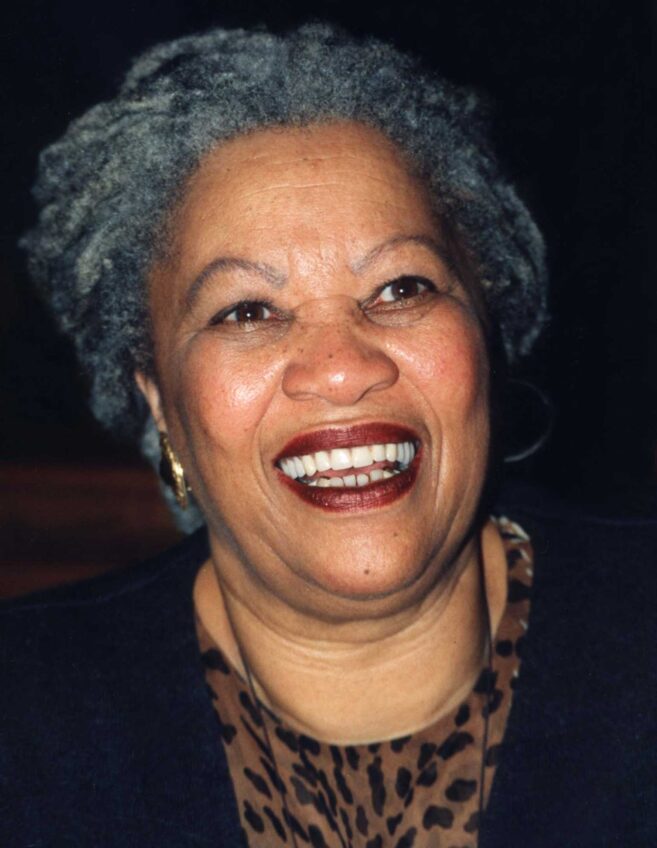Grassroots boycotts are proving their power on Target’s balance sheet. On a March 4 quarterly earnings call, Target reported that net sales declined 3.1%. Target sales are declining, and so is its reputation. The company’s stock has slipped over 50% from its three-year high. While some experts will argue that grassroots consumer boycotts do not significantly affect a company’s results, history shows that weaponized dollars can dismantle policies in counties and entire business districts. Just look at the experiences of white shopkeepers in Mississippi during the 1960s.
If history is any predictor of what could potentially happen, Target is in trouble — big trouble. Analysts are missing the mark. Black consumers in towns like Clarksdale, Natchez, Port Gibson and Fayette have successfully used economic pressure as a ruinous weapon of choice to make changes in the South. For instance, in 1964 in Greenwood, Mississippi, when the town government refused to hire Black workers, and merchants commonly referred to Black shoppers as “boy” or “auntie” instead of being addressed as “Mister” or “Missus,” residents levied a 20-month boycott that brought changes to the city’s hiring practices. Rural Mississippi’s boycott history shows the true power of economic solidarity.
Black families in Port Gibson inflicted a strategic and well-disciplined shopping boycott on the town’s white merchants. This three-year attack, known as “Blackouts” by 1969, drove many businesses into bankruptcy and threatened the business district. Black residents used boycotts against merchants as a tactic to change the social and political conditions, customs and practices of the local towns and counties.
These boycotts punished Port Gibson for the offenses of Jim Crow. The Blackouts were so effective that white business establishments banded together and launched a counterattack. Port Gibson’s merchants filed a $3.5 million lawsuit against the boycotters, the NAACP, and civil rights groups. A court in Mississippi ruled that the NAACP and 91 individuals were liable for $1.25 million in damages, which was reversed by the U.S. Supreme Court in 1982, affirming the right to boycott for political reasons.
The counterattack on the boycotters implied that Jim Crow laws had already given businesses sanctions to mistreat and marginalize their Black customers, so boycotting in response to the mistreatment was illegal.
White shopkeepers in the deep South couldn’t ignore boycotts and assumed they would burn out. Neither can Target. Target boycotts today are no different from those of the well-disciplined, committed Black shoppers of the rural South. Except that there appears to be no demands made by would-be Black shoppers at Target. Instead, Black shoppers have punished Target by finding alternatives to meet their needs.
One lesson to glean from the history of Black boycotts in America is that racial turmoil is bad for business. One need only look at the legacy of weaponized economic pressure of the Montgomery Bus Boycott in Alabama that lasted for over a year and the Blackouts in Mississippi towns for proof.
Today, the indignation of Jim Crow still haunts society as America turns its back on Civil Rights gains. Target’s rollback of its diversity, equity and inclusion (DEI) commitments and reneging on its promise to spend $2 billion with Black-owned businesses is a breach of trust. In response, Black shoppers like those in the Deep South have snatched back their loyalty as customers.
When Black shoppers disappear, so does their spending power. The Blackouts of the 1960s weren’t moments; they evolved into movements that lasted for years. Civil Rights leaders, clergy and local citizens led these movements. Target Blackouts are no different. Black shoppers have weaponized their dollars, and it’s having an impact. Foot traffic in Target stores is down 4.7 percent. The 40-day Target shopping fast during Lent will undoubtedly impact Easter shopping, which corporate executives cannot deny.
Target may be able to survive without Black shoppers darkening their doorways this Easter season. But Target will continue to struggle with the cumulative effects of tariffs, low consumer spending, a poor reputation — made worse by boycotts — and the potential barrage of lawsuits from disgruntled pension fund holders who will come knocking on Target’s door to collect losses on their retirement investments, like the ones brought by the Florida Police Pension Fund and the Ohio Teachers Union Pension Fund, alleging Target concealed the financial risks of its DEI program.
Target’s move is a betrayal that breathes life into the wings of old Jim Crow. Asking Black shoppers to roll back their dignity, accept blatant disrespect and mistreatment, and buy into a philosophy that does not resonate with their values is the perfect recipe for Black shoppers to disconnect and repurpose their dollars to support Black-owned businesses and services. It is the ideal catalyst for Black businesses, institutions and organizations to collaborate in solving distribution channel issues, create a sustainable ecosystem, circulate the dollar and not wait for Target to regain its position on DEI.
Alice T. Crowe is a lawyer, educator and entrepreneur. She has practiced law for over 25 years in New York.






